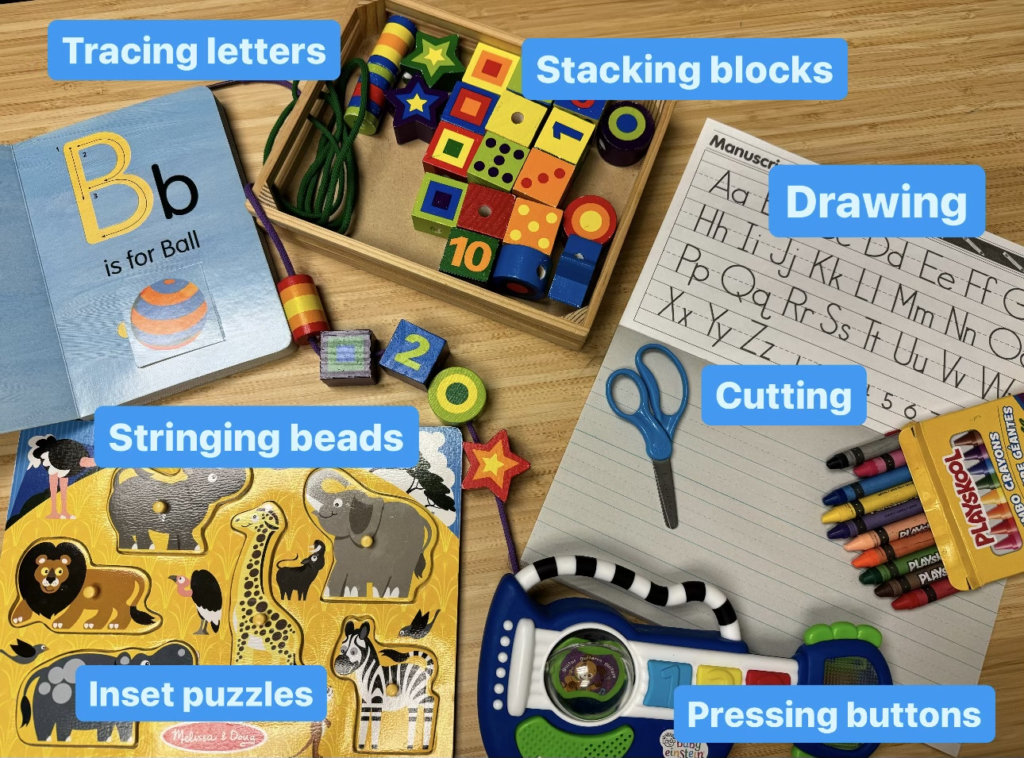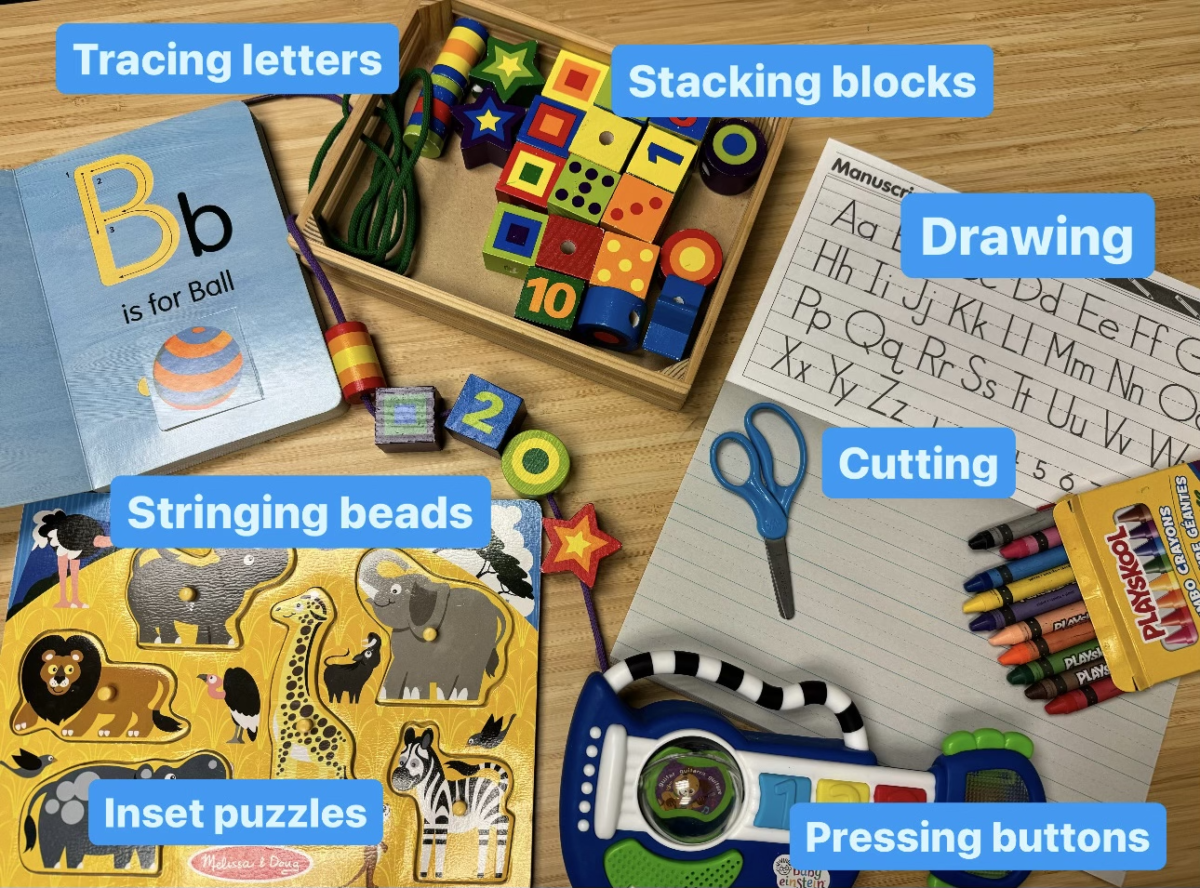Developmental Testing: Empowering Your Child’s Future
What is Developmental Testing?
Developmental testing is critical in a world where every child’s path to success is as unique as their fingerprint. This comprehensive evaluation process not only shines a light on a child’s current abilities and potential challenges but also paves the way for tailored support in academics and beyond. This blog post will explore the profound impact of developmental assessments, showcasing its indispensability in nurturing well-rounded, confident, and successful individuals.
Developmental testing is an intricate assessment process designed to evaluate a child’s progress across various developmental milestones. These milestones are critical markers of a child’s growth in areas such as language and communication, motor skills, problem-solving abilities, and social interaction. By providing a detailed picture of where a child stands in each of these areas, developmental testing acts as a roadmap for educators and parents, guiding them in supporting the child’s journey towards their full potential.

Developmental Testing: Fine Motor Skills
The Importance of Developmental Testing:
The significance of developmental testing lies in its ability to offer an early diagnosis of potential developmental delays or advanced abilities, setting the stage for prompt and appropriate intervention. This early insight allows for a proactive rather than reactive approach to supporting a child’s development, ensuring that every child is given the opportunity to succeed, regardless of their starting point.
The Process of Developmental Testing:
Initial Evaluation
The journey begins with an initial evaluation, a critical first step that lays the foundation for understanding a child’s unique developmental landscape. This phase involves a combination of detailed observations and standardized testing, meticulously designed to assess the child’s abilities across various developmental domains such as cognitive, language, motor, social-emotional, and adaptive skills.
Key Components:
- Observations: Observational assessments allow specialists to see how a child interacts with their environment, peers, and adults. This real-world context provides invaluable insights into the child’s natural behaviors and capabilities.
- Standardized Testing: These tests are essential for quantitatively measuring a child’s development against established milestones and norms. They offer a structured approach to identifying strengths and areas for improvement.
Interpretation of Developmental Testing Results
Following the initial evaluation, specialists embark on a thorough analysis of the collected data. This step is crucial for interpreting the nuances of a child’s developmental profile. It involves sifting through the results to highlight areas of strength—those skills or domains where the child performs at or above age expectations—as well as areas requiring support, where the child may be facing challenges.
Strategic Analysis:
- Identifying Patterns: Specialists look for patterns in the results that can indicate specific developmental trends, offering clues to how a child learns best.
- Holistic View: The goal is to construct a comprehensive picture of the child’s abilities, considering all facets of development to understand the child as a whole.
Development of Support Strategies
The culmination of the developmental testing process is the formulation of personalized support strategies. This critical phase is where the insights gained from testing translate into actionable plans tailored to meet the child’s specific needs. These strategies can encompass a wide range of interventions, from educational adjustments to therapeutic approaches and supportive measures at home.
Personalized Plans May Include:
- Educational Adjustments: Modifications in teaching methods, classroom accommodations, or curriculum adjustments to better align with the child’s learning style and needs.
- Therapeutic Interventions: Engagement with speech therapy, occupational therapy, physical therapy, or counseling services to address specific developmental challenges.
- Home-Based Strategies: Guidance for parents on creating a supportive home environment, including behavior management techniques, communication strategies, and activities to promote development.
Collaborative Effort:
A key aspect of developing support strategies is the collaborative effort between parents, educators, and specialists. This partnership ensures that the strategies are not only effective but also feasible and sustainable across different settings of the child’s life. Regular follow-ups and adjustments to the plan are essential to accommodate the child’s evolving needs and to capitalize on their developmental progress.
You can get the details of our process for Developmental Testing here:
https://www.measuringminds.org/assessments/
Benefits for Academic Life The academic advantages of developmental testing are manifold. By identifying a child’s unique learning profile, educators can tailor instructional methods, curricula, and interventions to better match the child’s needs, thereby enhancing learning outcomes.
- Tailored Educational Strategies: Customized learning plans that align with the child’s strengths and challenges can significantly boost engagement and achievement.
- Enhanced Learning Environments: Schools can create more inclusive and supportive learning environments that cater to diverse learning needs, fostering a sense of belonging and community.
- Early Intervention and Support: Identifying and addressing developmental challenges early can prevent future academic difficulties, setting the stage for long-term success.
Benefits for Home Life:
The impact of developmental testing transcends the classroom, fostering a nurturing and understanding home environment. Armed with insights into their child’s developmental needs, parents can adopt more effective communication strategies, establish supportive routines, and build stronger emotional connections with their child.
- Improved Communication: Understanding a child’s developmental stage helps parents tailor their communication in a way that resonates with the child, enhancing mutual understanding.
- Behavioral Support Strategies: Insights from developmental testing can guide parents in managing challenging behaviors through positive reinforcement and structured environments.
- Strengthened Family Relationships: A deeper understanding of a child’s needs fosters empathy and patience, strengthening the bonds between family members and creating a more harmonious home life.
Conclusion: A Pathway to a Brighter Future:
Developmental testing stands as a critical tool in unlocking a child’s potential, offering a clear path to academic success and a harmonious home life. By embracing this comprehensive assessment, parents, educators, and specialists can collaborate to foster an environment where every child is understood, supported, and empowered to achieve their best. In the end, developmental testing is not just about identifying needs; it’s about nurturing potential, enhancing learning, and strengthening families.
Please check out the CDC’s information on Developmental testing: https://www.cdc.gov/ncbddd/actearly/screening.html
CDC’s signs to watch for: https://www.cdc.gov/ncbddd/actearly/index.html
Follow this link to schedule a FREE consultation: https://www.measuringminds.org/contact/



